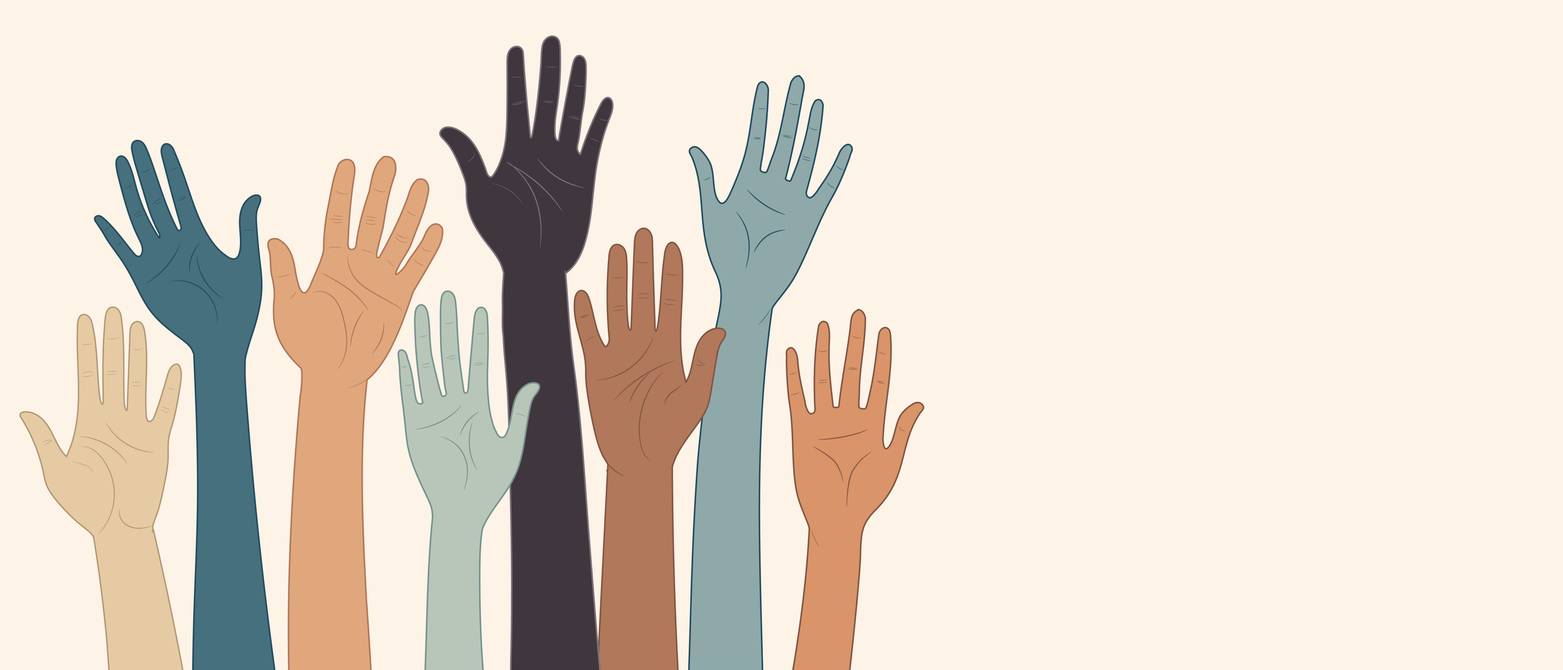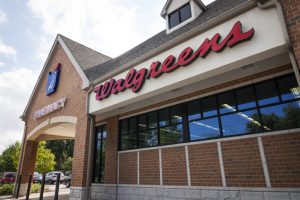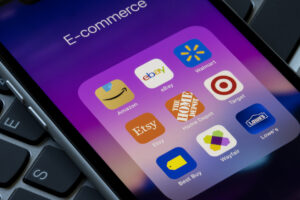The Scoop: How DE&I is being rebranded
Plus: Protests could disrupt tonight’s Met Gala; Howard Schultz criticizes Starbucks in LinkedIn post.

Since rocketing to prominence in 2020 amid the murder of George Floyd and increased awareness of systemic racism, DE&I has become a major business imperative.
That isn’t likely to go away any time soon.
What does seem set to change is the name diversity, equity and inclusion.
A new Washington Post article examines how major companies are setting about rebranding the initiatives in the wake of political pushback, Supreme Court decisions that changed affirmative action, and an evolution of the field.
“We underestimated that inclusion was the real challenge,” Johnny C. Taylor Jr., CEO of the Society for Human Resource Management, told the Post. “Now people are saying, ‘Not only should we probably call it something different, we should probably evolve it.’”
SHRM took that advice literally, flipping the familiar “DEI” acronym to “IED,” symbolically putting inclusion at the forefront. Another consultant is now branding her services as “leadership and inclusion.”
Other companies have removed references to DE&I from their annual reports (Kohls, Salesforce). Some (Starbucks) are quietly untying executive bonuses from hitting diversity goals. And still others are citing DE&I as an outright risk factor (Duolingo, JetBlue).
But there is still a strong business case for DE&I, including data from McKinsey & Cothat indicates that the companies with the highest employment diversity are 39% more likely to overperform than more homogenous organizations.
Still, it’s clear there’s currently a branding crisis in DE&I.
“DEI has only been the acronym du jour since 2020. Regardless of what we call it, we’ve done a really poor job storytelling what this work is actually about,” Joelle Emerson, CEO of DEI consultancy Paradigm, told the Post.
Why it matters: This is a PR problem if ever we’ve seen one.
As Eric Ellis, CEO of Integrity Development, told the Post: “If every day you’re getting pummeled and there is no effective strategy to protect the brand of DEI, there’s no doubt it’s going to be hard for it to survive.”
While a rebrand can help mitigate some concerns, critics will be just as quick to shift their complaints to the new terminology. Above all, organizations must find ways to share the business benefits of a more inclusive workplace and audience base – and demonstrate that through the bottom line.
DE&I was thrust into prominence during a particular moment in American history, characterized by widespread protests, lingering COVID lockdowns and intense media interest. It’s only natural that once the acute crisis phase is passed, a new vocabulary needs to emerge.
The conversation around DE&I is an opportunity for PR pros to work across the aisle in their organizations and figure out the best way to brand the concept moving forward. Some might continue proudly with DE&I. Some might publicly deemphasize the work to avoid negative attention while still keeping up the work internally. Simply adopting a new name likely isn’t enough – but a greater strategic shift may yield strong results.
Read more about how organizations are handling this shift – and why many are still optimistic about the future of DE&I, regardless of the name.
Editor’s Top Reads:
- After a weekend where many universities saw their commencement ceremonies disrupted by pro-Palestinian protestors, some colleges have managed quieter, more amicable conclusions to protests. CNN reports that the colleges that were most successful, including Brown, Northwestern and Rutgers, engaged in conversation but not concession. Some offered students dedicated places to protest, if they did not disrupt campus life. Others gave promises to give scholarships to refugees, to grow spaces for Muslim students on campus and more. While none promised outright divestment from Israeli companies, a common demand of students, some offered a chance for the students to present a case. The gentler, more consensus and conversation-based approach seems to have yielded better results than hard lines and sending in police – though every situation is different and every group of protestors is engaging differently.
- Speaking of protests, tonight’s glittering Met Gala could involve a picket line of striking Condé Nast workers. The gala is famously chaired by Anna Wintour, editor of Vogue, a Condé Nast publication. It would be a major disruption for one of the biggest nights for the magazine, the Metropolitan Museum of Art and hundreds of the biggest celebrities in the world. It’s a massive PR event that could soon take on a very different meaning if a picket line is involved. Keep your eyes peeled for how these organizations handle it – as well as some over-the-top fashion themed to “Garden of Time.”
- Former Starbucks CEO Howard Schultz is taking to LinkedIn to criticize the coffee giant. In a lengthy Sunday post, Schultz noted that he no longer has any formal role in the company but offered plenty of thoughts on how Starbucks could turn around disappointing earnings reports, mostly centered around customer experience and leaning into coffee drinks. The overall situation is awkward for current CEO Laxman Narasimhan, who Schultz helped to recruit. But overall, it’s Schultz who comes off the worst here, publicly backseat driving under the guise of thought leadership. If he wants to communicate with Starbucks leadership, he certainly has the means to do so. But public criticism of a former employer rarely reflects well.
Allison Carter is editor-in-chief of PR Daily. Follow her on Twitter or LinkedIn.








I can already envision the disparaging comments to come if DE&I becomes IED.
The flipped “IED” is a terrible option because it means “improvised explosive device” to many. Apparently there are not any gulf war veterans included at making decisions at SHRM.
Thank you for this important story. I take it the SHRM is the leading national human resources industry trade group. In “rebranding” DEI as IED, they’ve exposed themselves as knowing nothing about PR or rebranding. This move is so hideous, it doesn’t even qualify for my 101st Rule, which my late Father sagely came up with years ago. Simply put, it’s when one has 100 choices in front of them but makes the 101st choice.
SHRM did not rebrand. They reshuffled. And it’s an insult to anyone who has ever worn a uniform defending this country, including, I suspect, any proud military members who appreciate the intent of DEI.
Not only did SHRM not consult anyone qualified before making this move, it’s as if they asked a pre-school class for suggestions — a la children learning to transpose letters.
As an HR Director/Manager for 35 years, I refuse to give in to the woke agenda that DEI promotes. I am declining membership in SHRM for the first time in decades over their woke ideologies, and want the world to know that not all HR professionals believe in the path this organization has chosen. Glad I am retiring soon!